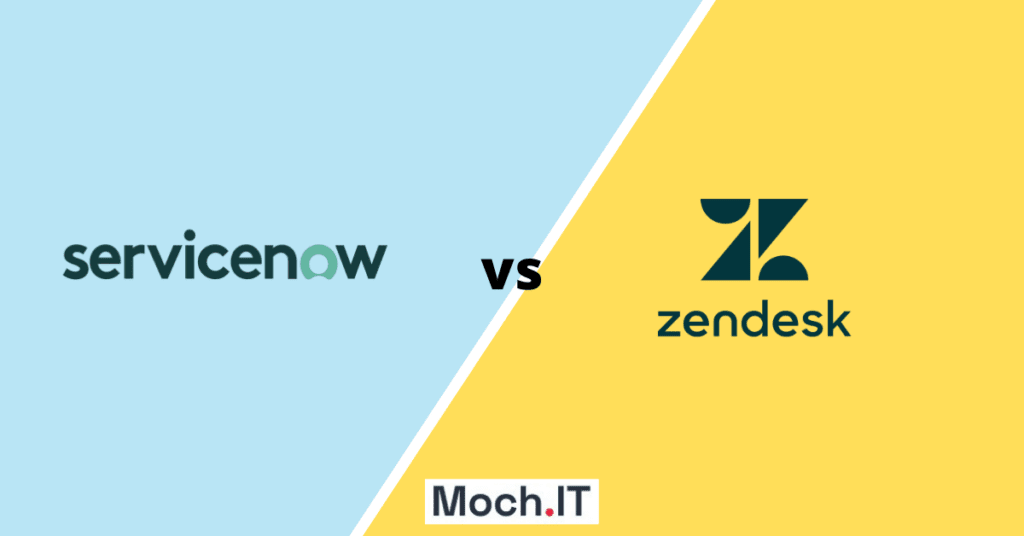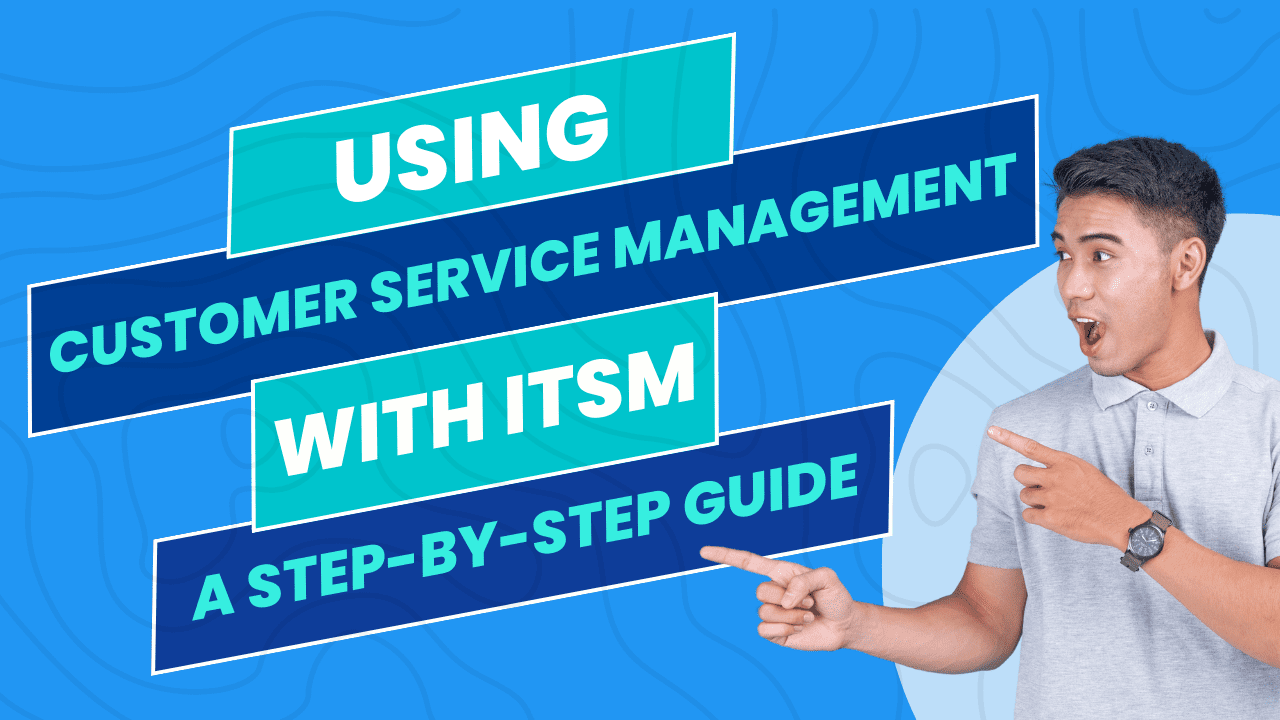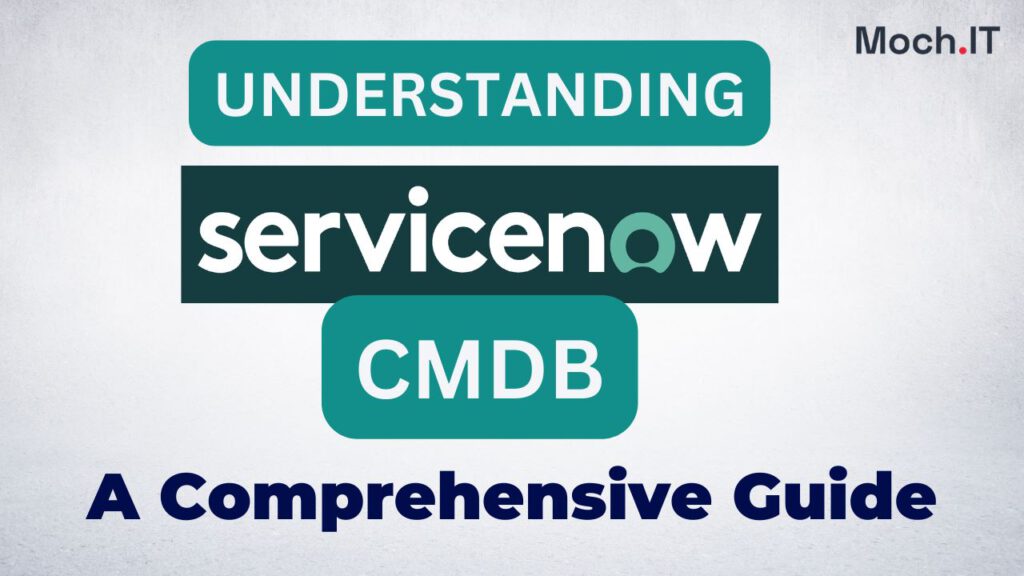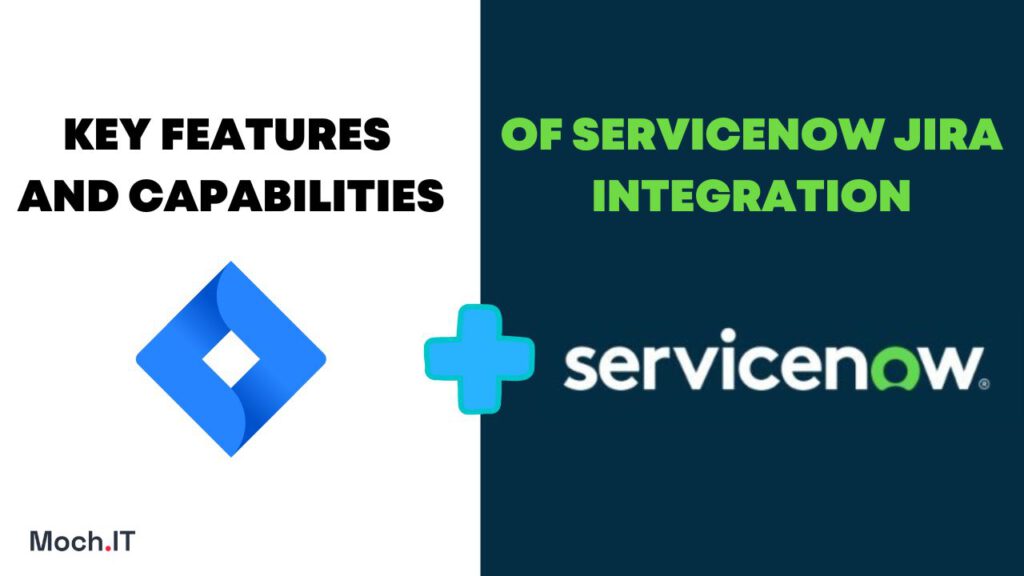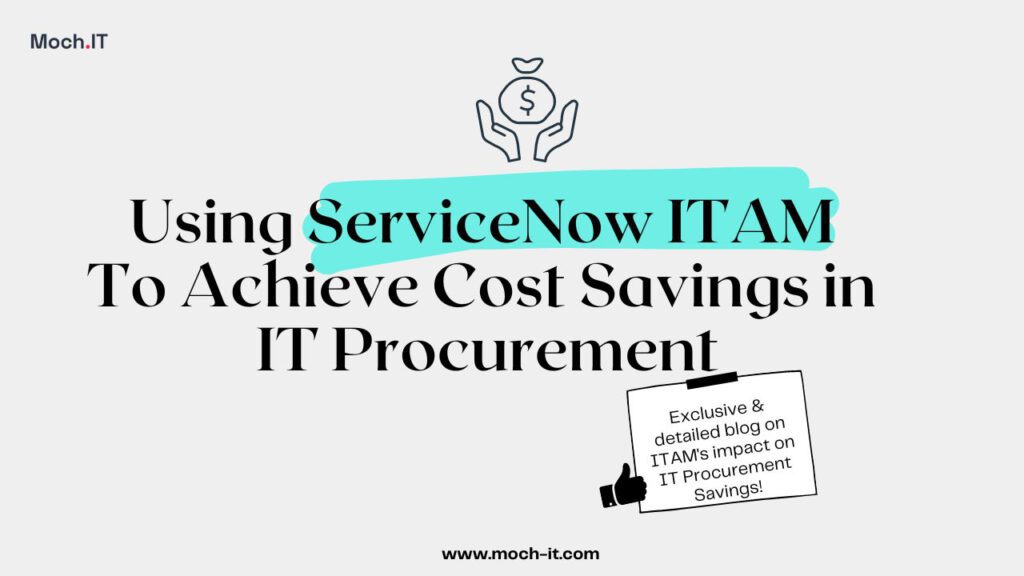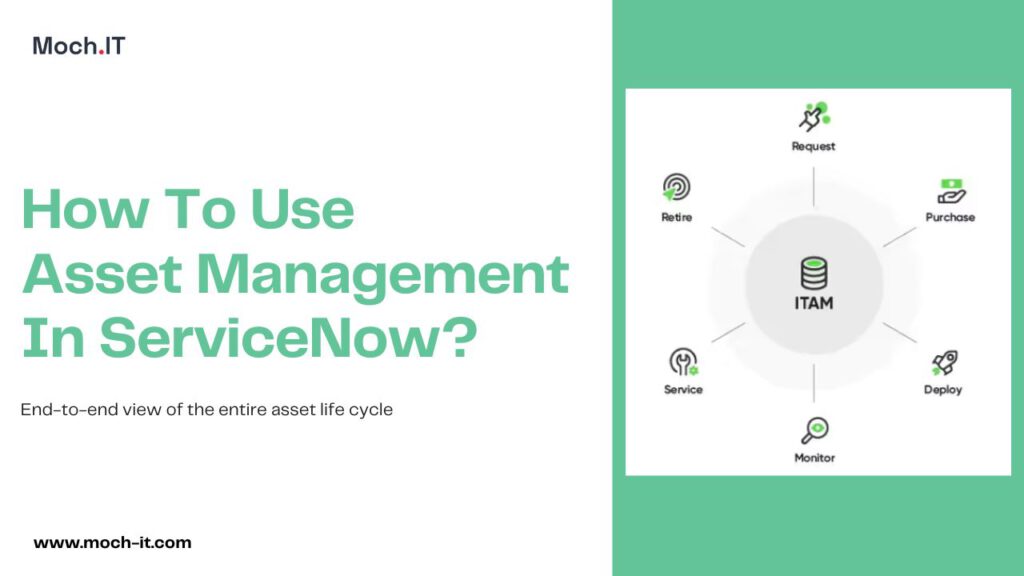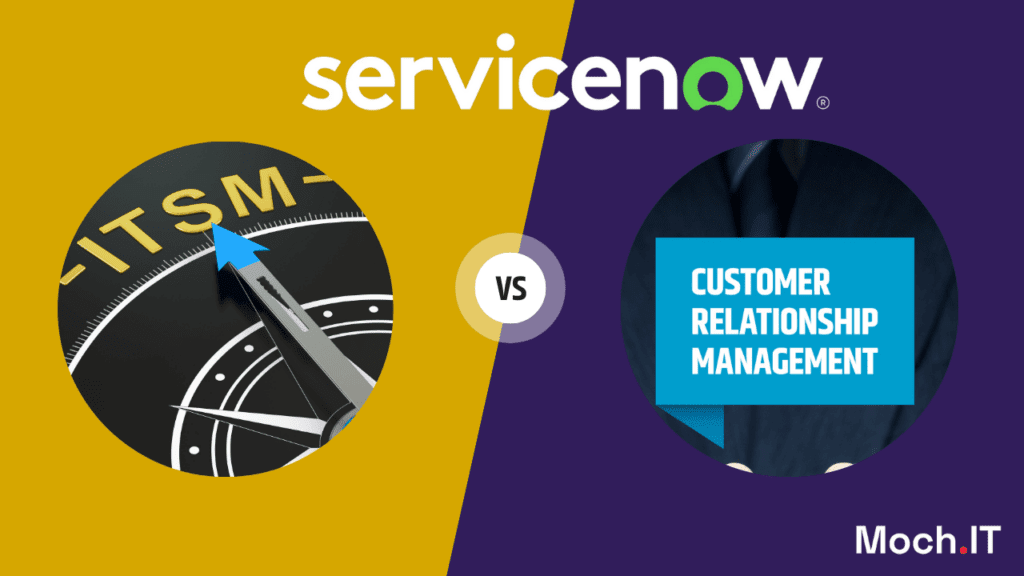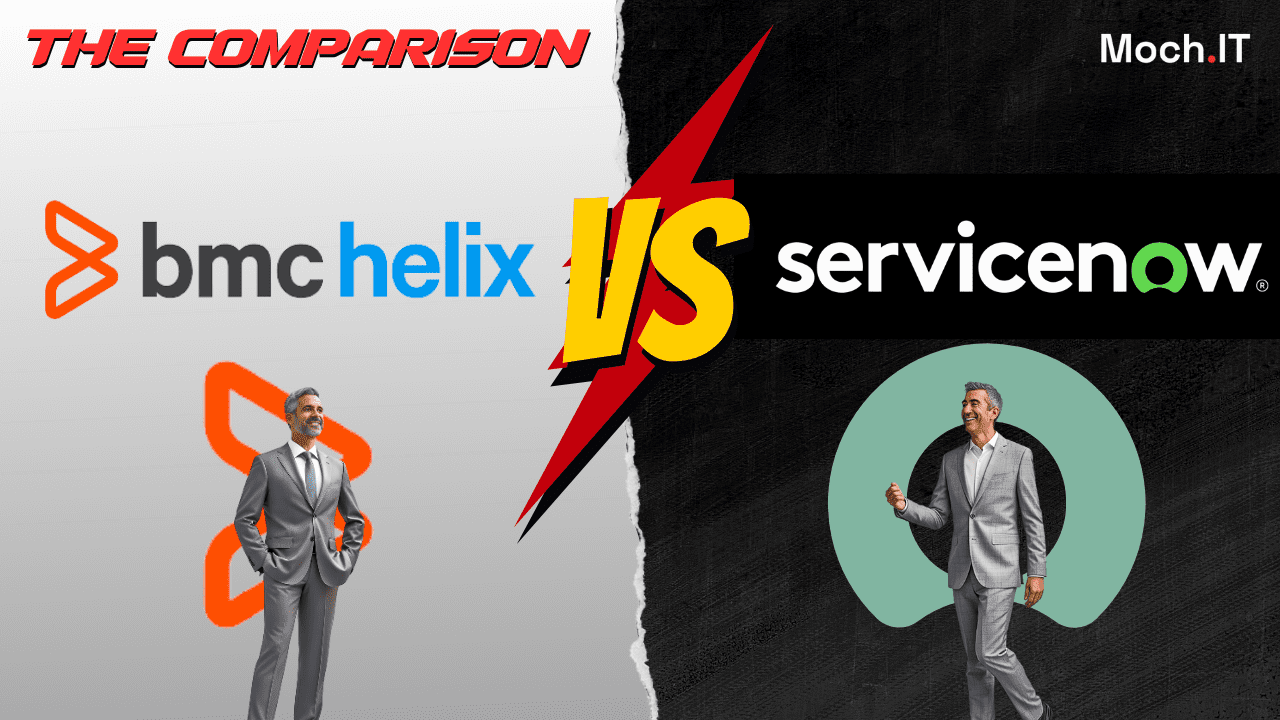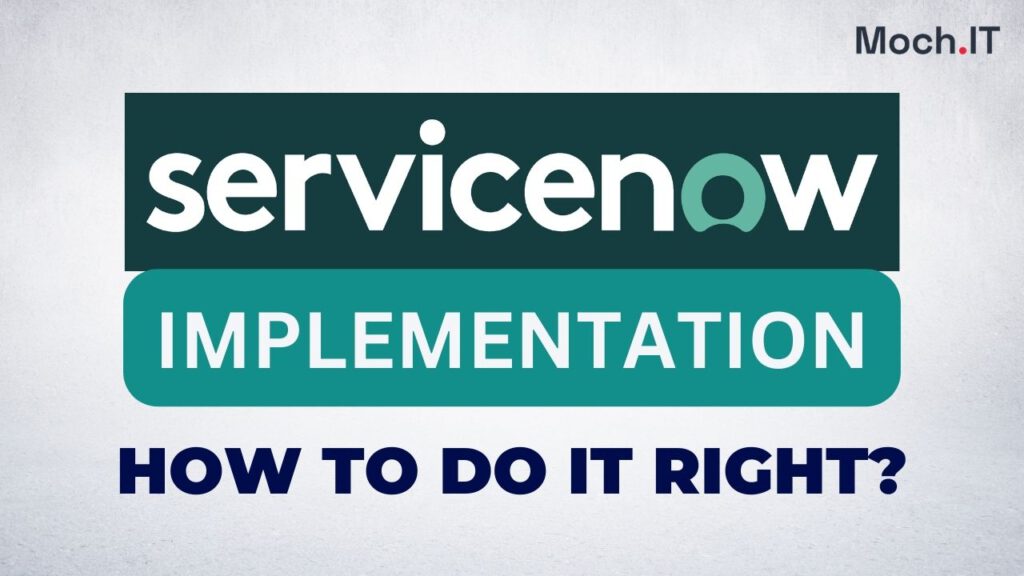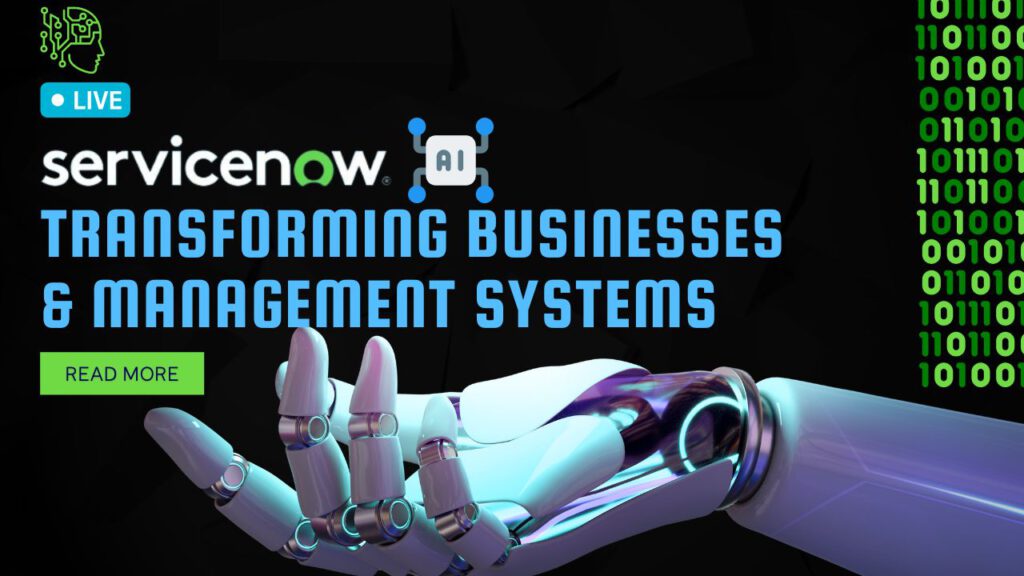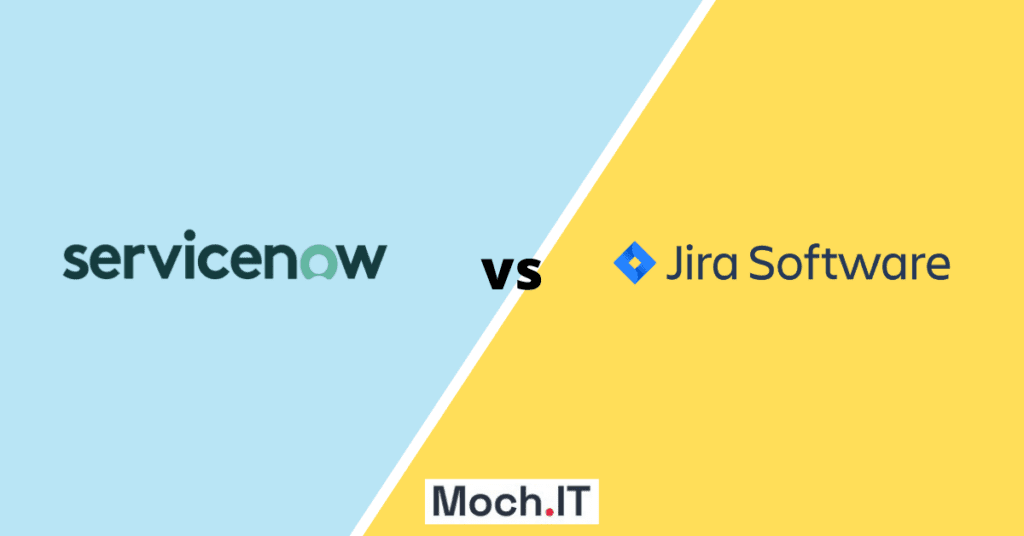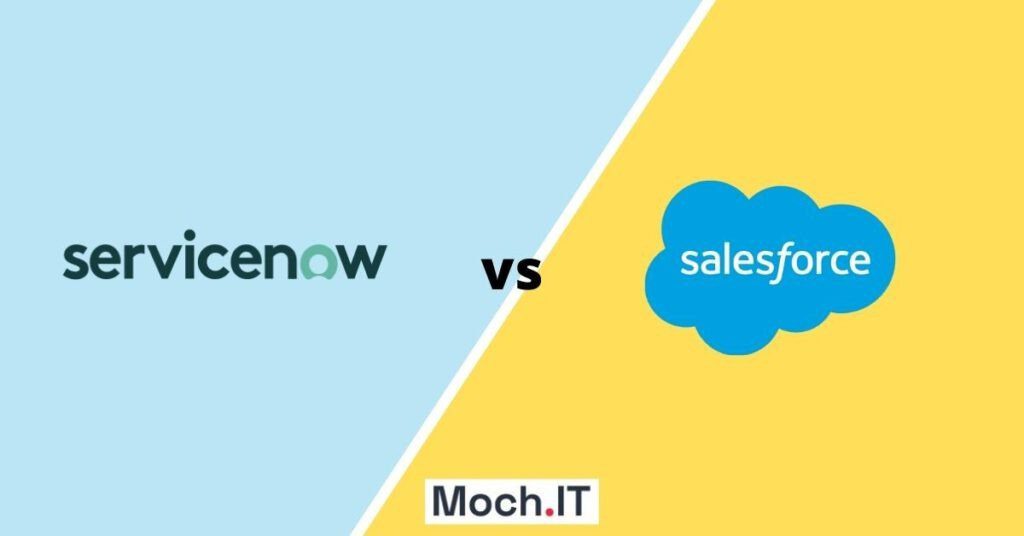Customer service is essential to the success of a business since it is frequently the sole point of contact a customer has with a given company. Without any doubt, it is crystal clear that a business cannot function without its customers. Businesses are discovering that help desk and service desk software can benefit both customers and field staff with self-service, which has led to an increase in their use. Customers who spend thousands of dollars a year with a business, expect the service department of a business to fix their difficulties when they have questions or problems with a product.
Some of the most comprehensive cloud-based platforms for workflow, ticketing, and customer service are Zendesk and ServiceNow. Both Zendesk and ServiceNow can be a suitable fit depending on your organization’s size, budget, and intended use cases. No matter which you choose, neither of these two programs is inherently superior to the other. A scalable platform and industry-leading capabilities are available on both platforms, and their online stores allow users to create their own personalized solutions by selecting from a variety of modules and accessories.
In this post, we compared ServiceNow vs Zendesk in terms of functionality, pricing, value, and other important factors to consider when deciding which one to employ for your business. Let’s get started!
Overview of ServiceNow

ServiceNow is a provider of cloud-based IT services for businesses. This cloud’s dial-tone availability and scale, robustness, and unique, highly specialized industry and consumer requirements make it ideal for major businesses.
High levels of protection for customer data and functionality geared at increasing uptime are just a few of the aspects that make it a good fit for many businesses.
Overview of Zendesk

Zendesk can be used by any organization, regardless of its size or industrial area, to improve customer service. In the meantime, it’s widely employed in the fields of information technology (IT), education, retail, and professional services.
It can be used by any company that relies on the internet to communicate with its clients. Zendesk streamlines customer assistance and offers a wide range of self-service options.
ServiceNow vs Zendesk – Support & User Interface
Automation and vendor support services are available from both ServiceNow and Zendesk to make system setup and management easier. Customers, on the other hand, frequently point out that Zendesk is easier to use.
Zendesk has a simpler dashboard for its users, but ServiceNow has numerous dashboards with their own tabs and tasks to go through. Many users have complained about the complexity of navigating the dashboards in ServiceNow, which makes sense given that ServiceNow has a wider selection of features and widgets.
For those who aren’t familiar with ServiceNow’s wide product offerings, it can be a challenge to find what you need.
In terms of customer service, Zendesk consistently outperforms ServiceNow. Among Zendesk’s customer service tools include email, live chat, a customer portal, a knowledge base, and a variety of online training options such as webinars and certifications. ServiceNow customers get access to a user community, a knowledge base, documentation, certifications, and 24/7 NOW Support.
It’s vital to note that Zendesk is the only company that offers a choice of options for live online and in-person training. From the standpoint of a global IT community, Zendesk also offers the benefit of other support languages.
ServiceNow vs Zendesk – Price Comparision
ServiceNow does not have conventional pricing tiers but rather charges based on the size of the business and the specific use cases. It’s possible to get a free trial of ServiceNow. For $19 a month per agent, Zendesk offers its Foundational Support plan, one of several options.

Free trials and subscriptions are available from both companies. In spite of the fact that ServiceNow costs more than Zendesk, it may still be the best fit for your company if your needs are more focused on a service desk and less on ticketing and support.
ServiceNow vs Zendesk – Management
ServiceNow’s service product is based on ITSM, whereas Zendesk’s is based on ITIL, the IT Infrastructure Library.
The phrases ITSM and ITIL are sometimes used interchangeably, however, the two acronyms have fundamental characteristics and scopes of work that should be considered. An integrated approach to IT service management (ITSM) focuses on automating and managing a wide range of business processes across the complete lifecycle of a service.
Since it focuses on customer service, employee engagement, and macro-business and operational projects, ServiceNow is an ITSM solution. Zendesk adheres to ITIL best practices and focuses nearly solely on providing support and ticketing software.
Even though Zendesk has been praised by several customers for its superior analytics capabilities, ServiceNow is generally considered to be a more comprehensive service management platform. ServiceNow, on the other hand, is more like a full-service support desk solution.
ServiceNow vs Zendesk – Employee Experience
Zendesk focuses on ticketing, whereas ServiceNow focuses on employee experience and lifecycle workflows. To put it another way, employees only receive support from Zendesk when they specifically want it, whereas ServiceNow constructs workflows and extends resources in advance to help employees navigate typical questions and challenges.

ServiceNow vs Zendesk – Product and Asset Management
Product and asset management is offered by both ServiceNow and Zendesk, although ServiceNow provides it natively, whereas Zendesk relies on third parties.
Automation is used to monitor firm software, equipment, data, and other products and assets that need to be checked for upgrades or security concerns at least once a week. Take a look at the images supplied by ServiceNow and Zendesk below to better understand how IT asset management works with these solutions.
ServiceNow vs Zendesk – Flexibility & Sharing
In terms of platform adaptability and data sharing, it’s a toss-up. Most customers praise Zendesk for its user-friendly customer-facing software and its easier-to-use social media and messaging integrations. When users add extra functionality via integration, ServiceNow provides just basic cloud access and communication.
However, ServiceNow is superior in terms of data and platform portability. Excel and PDF imports are available in ServiceNow, but only through APIs in Zendesk, whereas ServiceNow is more flexible in terms of data imports.
Additionally, there are certain customers who are concerned about the safety of sharing data through Zendesk tickets as well as the limited accessibility of links that are provided on the site.
Conclusion
There are a plethora of factors to consider, and you’ve just touched on the most critical ones. We hope our comparison of Zendesk vs. ServiceNow helps you make an informed decision about which service management platform is best for your business needs. Using reputable review sites is a great way to get real-world feedback from people who have really used the product. In either case, a well-proven support desk platform is essential. If you’re still not sure, you can try out Zendesk for 14 days or request a ServiceNow demo.
[su_note note_color=”#e6ecf2″ text_color=”#010101″ radius=”4″]
Frequently Asked Questions
Q1- What is the difference between Zendesk and ServiceNow?
App development, IT service management, and business workflow automation are all core competencies of ServiceNow. Zendesk, on the other hand, focuses primarily on multichannel ticket management and self-service.
Q2- Can Zendesk integrate with ServiceNow?
Yes, tools like Automate.io and SyncSnow can be used to link Zendesk with ServiceNow.
[/su_note]



